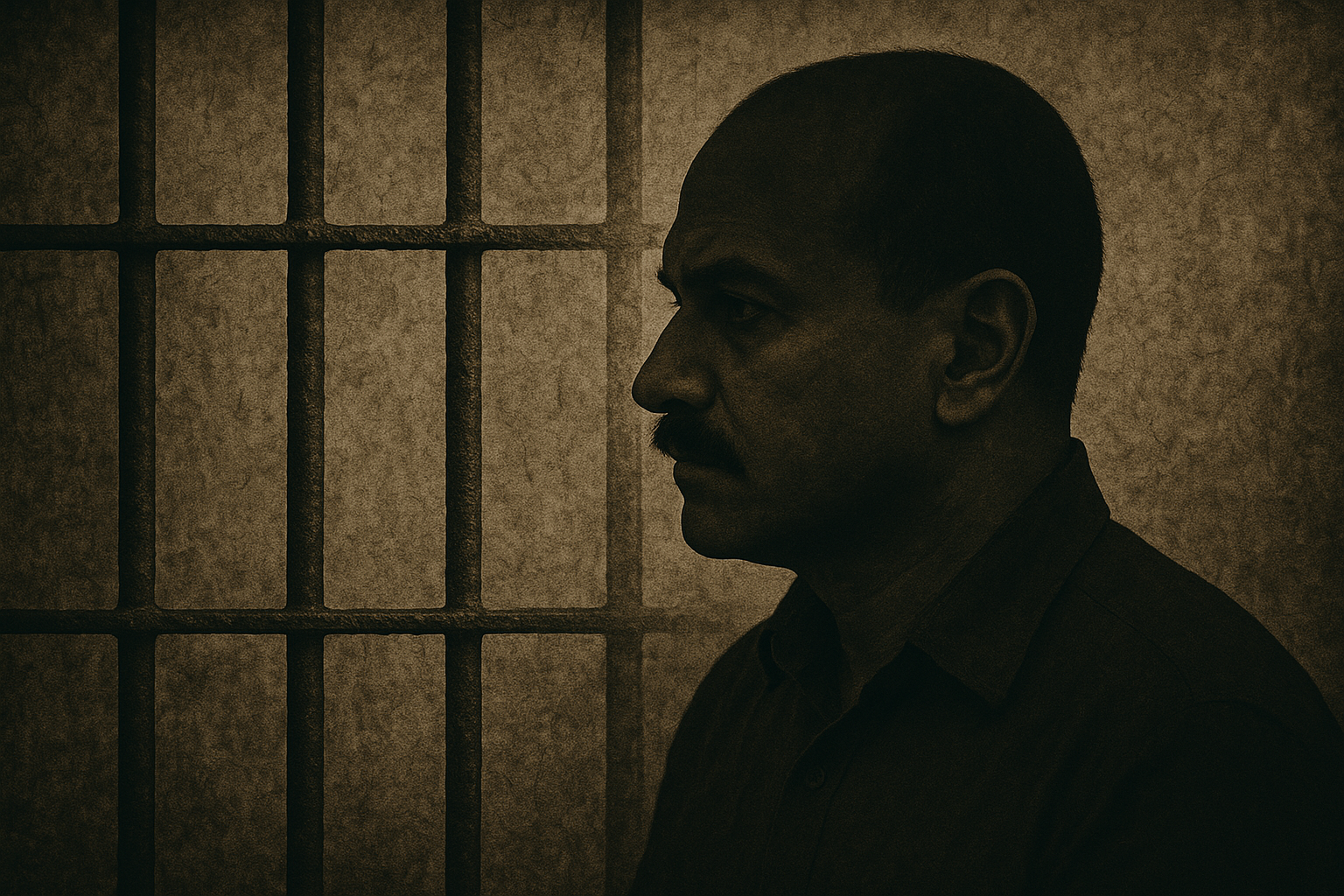Lieutenant Colonel Shrikant Prasad Purohit, a decorated Indian Army officer, emerged as one of the most prominent names in the 2008 Malegaon blast case, a terror attack that killed six people and injured over 100 in Maharashtra’s Malegaon town.
After nearly 16 years of a legal battle and incarceration, he, along with six other accused, including former Bhopal Member of Parliament Sadhvi Pragya Singh Thakur, was acquitted by a special NIA court in July, citing lack of prosecutable evidence.
What was Lt Col Purohit accused of?
Purohit, a counter-terrorism expert from the Military Intelligence (MI) unit, was arrested in 2008 by the Maharashtra Anti-Terrorism Squad (ATS). The case against him stemmed from alleged links with a right-wing outfit called Abhinav Bharat, which was accused of carrying out the blasts.
The prosecution had alleged that Purohit was one of the founding members of the group and provided logistical support and explosives used in the attack. However, from the beginning, Purohit maintained his innocence, asserting that his association with Abhinav Bharat was part of an official intelligence operation to infiltrate radical groups and monitor their activities.
What was Lt Col Purohit’s defence?
His legal team argued that he was framed due to a misreading — or deliberate twisting — of intelligence-gathering efforts. During the trial, it was also revealed that Purohit had informed his MI superiors about every meeting he attended and had documented evidence of his mission activities.
One of the turning points in his defence came with the deposition of military witnesses who corroborated his claims of being on an official intelligence task. In 2017, the Supreme Court granted him bail after observing that, prima facie, there was considerable uncertainty in the evidence against him, particularly regarding his alleged role in the blast conspiracy.
What did the court find about Purohit’s role?
The National Investigation Agency (NIA), which took over the case from ATS in 2011, diluted several charges against the accused, including those under the draconian Maharashtra Control of Organised Crime Act (MCOCA).
The court eventually found that the prosecution failed to prove beyond a reasonable doubt that Purohit and the other accused had conspired to carry out the bombings.
What is the lesson to learn from Purohit’s experience?
Purohit’s acquittal not only vindicates his consistent claims of innocence but also raises serious questions about investigative lapses, politicisation of terror cases, and the fine line between intelligence operations and entrapment.
His profile now stands as a symbol of a soldier who claimed he was doing his duty — only to become entangled in a decade-long legal ordeal that kept him away from the uniform and frontline service.
As Lt Col Shrikant Purohit walks free, the case remains a pivotal chapter in India’s judicial and counter-terrorism history, highlighting the need for precision, fairness, and accountability in terror-related prosecutions.
